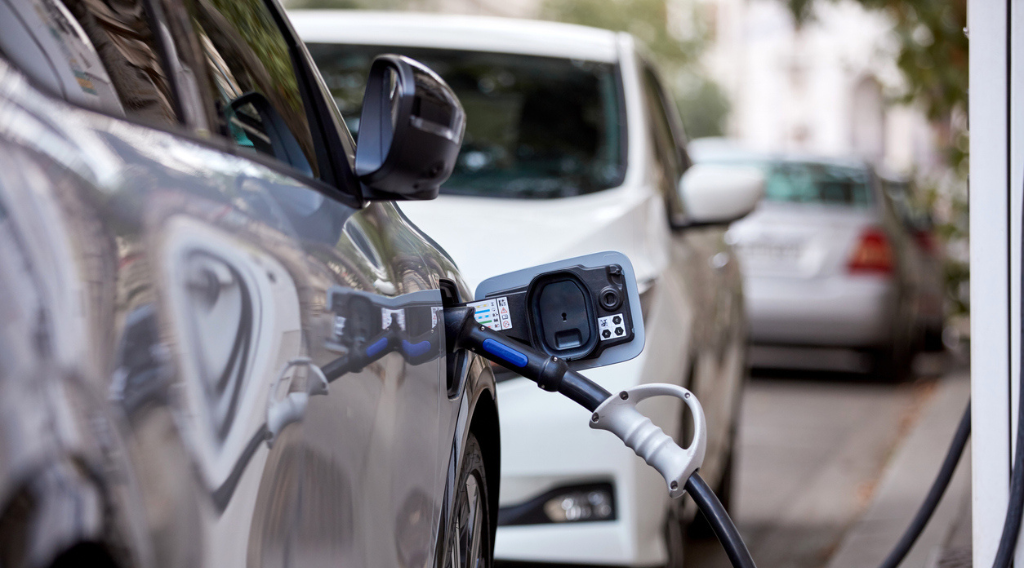 How can city environmental commissions connect with and learn more from each other? Commissioners from the Minneapolis, MN metro area and other stakeholders recently gathered to foster such connections and explore how they could increase learning opportunities with one another.
How can city environmental commissions connect with and learn more from each other? Commissioners from the Minneapolis, MN metro area and other stakeholders recently gathered to foster such connections and explore how they could increase learning opportunities with one another.
Earlier this spring, the first Metro Environmental Commission Conference was held in Minneapolis. The overall purpose of the event was to enable participants to meet, get to know each other, and learn from each other’s experience as members of commissions focused on environmental issues.
Attendance was near 50 commissioners, representing 22 of the 30 cities that have environment or sustainability commissions from around the metro area. In addition, there were six participants from four cities that are in the process of trying to establish an environmental commission.
Small Groups Focus on Shared Learning Opportunities & Engagement
At the event, commissioners networked with each other to improve understanding of the work happening at other commissions that others could learn from. The bulk of their time was spent in small groups, facilitated by co-sponsoring organizations. There were five small group topics:
- energy
- waste and recycling
- water
- ecological land stewardship
- effective community outreach
The small group discussions focused on opportunities to learn from or work together and to identify additional guidance or resources that are needed to move forward in a topic area.
One of the themes that seemed to cross all of the small groups was the question how cities could “get there,” or reach their goals of improved water conservation, more renewable energy, better land use decisions, increased recycling, and less/zero waste. Attendees also wanted to know how could they more effectively engage their communities to accomplish these goals. To that end, another key theme that emerged was how to reach new people who aren’t already “in-the-know” on environmental issues, and how to conduct effective outreach and engagement to reach both residents and businesses.
Feedback and Next Steps for Future Connections
Following these insightful discussions, attendees determined potential next steps. Commissioners mentioned interest in looking at:
- developing more opportunities for connecting cities within counties
- sharing more with each other in an ongoing way via a listserv or social media page
- shaping future conferences or information-sharing to include more specific details about successful projects
- shorter workshops on deep dives into specific topics, such as clean energy
The event steering committee deemed the inaugural event a success, especially considering that their initial attendance goal hovered around just 30 commissioners. The event had high attendance, attendees were highly engaged and gave extremely positive feedback in the follow-up survey. Plus, when asked at the end of the event “if you were invited to a similar event in a year, would you attend?” all participants raised their hands!
Acknowledgments
This inaugural conference was the culmination of several months of work by a steering committee made up of commission members from around the metro region, and was supported by co-sponsoring organizations that provided resources to help the commissioners realize their vision for the event. The goal was to create an event organized by and for an audience of environmental commission members, so commission members on the steering committee created an agenda that was well-tailored to environmental commission interests. The steering committee members were:
- Keith Butcher (Chanhassen)
- Brian Cihacek (Roseville)
- Julie Rappaport (St. Louis Park)
- Tim Sandry (Bloomington)
- Lori Tritz (Eden Prairie)
- Mike Valentine (Ramsey)
- Sarah Zarrin (Edina)
Tim Sandry, the chair of the Bloomington Sustainability Commission, spearheaded the whole effort along with the organizations he reached out to for support. The co-sponsoring organizations included: The Alliance for Sustainability, Conservation Minnesota, Great Plains Institute, Metro CERT, and the Minnesota GreenStep Cities program.
There is strong interest in having another gathering just like this one, likely to occur in March 2019. The Metro region of the statewide Clean Energy Resource Teams at the Great Plains Institute was honored to be part of this inaugural event and are excited to assist with commission collaborations in the future, especially when it comes to deep dives on the topic of clean energy. We’re here to help communities reach their energy goals!



